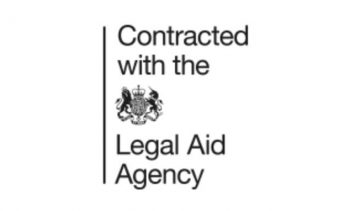Local authorities carry a fundamental duty to safeguard the well-being and safety of children within their regions. This commitment is triggered when there are substantial reasons to believe a child might be experiencing or is at risk of significant harm due to various adverse conditions.
Circumstances Leading to Intervention
An intervention may be necessary under several circumstances, such as:
- Reports of Abuse: When there are allegations of physical, emotional, or sexual abuse by a parent or caregiver.
- Signs of Neglect: Observable lack of essential care, including proper nutrition, housing, education, or healthcare.
- Exposure to Domestic Violence: Situations where the child is subjected to or witness to domestic abuse within the home.
- Parental Challenges: Instances where a parent’s struggle with substance abuse, mental illness, or other incapacitating issues compromise child safety.
- Unsafe Living Conditions: Environments that pose direct threats to the child’s health or development due to unsanitary, unsafe, or hazardous conditions.
Assessment and Investigation Process
Upon receiving reports of potential harm, the local authority undertakes a detailed assessment involving social workers, and possibly police, medical professionals, and educators, to gauge the risk to the child. If the risk assessment indicates a significant threat to the child’s welfare, the local authority may proceed to take temporary custody.
Legal Framework for Child Custody
Several types of legal orders facilitate the local authority’s intervention:
- Emergency Protection Order: Grants immediate custody for up to 8 days in cases of imminent danger.
- Interim Care Order: Provides temporary custody for an initial period of up to 8 weeks, extendable for further assessment.
- Full Care Order: Confers long-term custody and parental responsibility to the local authority, potentially until the child is 18.
- Supervision Order: Allows the child to remain at home under the local authority’s supervision to ensure their safety.
In every case, the child’s welfare is the paramount consideration, with the court’s decisions focused on the child’s best interests.
Parents’ Rights in Custody Cases
Parents retain certain rights throughout these proceedings, including notification of actions taken, participation in hearings, the right to challenge evidence, access to legal representation, and the possibility to appeal decisions.
Placement and Care for Children
When children are taken into care, efforts are made to place them within a safe environment, which could include living with relatives, emergency foster care, long-term foster care, or residential facilities. The goal is to minimize disruption to the child’s life and prioritise placements that maintain familial ties when possible.
For individuals concerned or seeking more information about child welfare and local authority interventions, Adeljibs & Co Solicitors offer professional advice and support. Contact them at info@adeljibssolicitors.co.uk or call on 02034173859 for guidance tailored to your specific needs.


